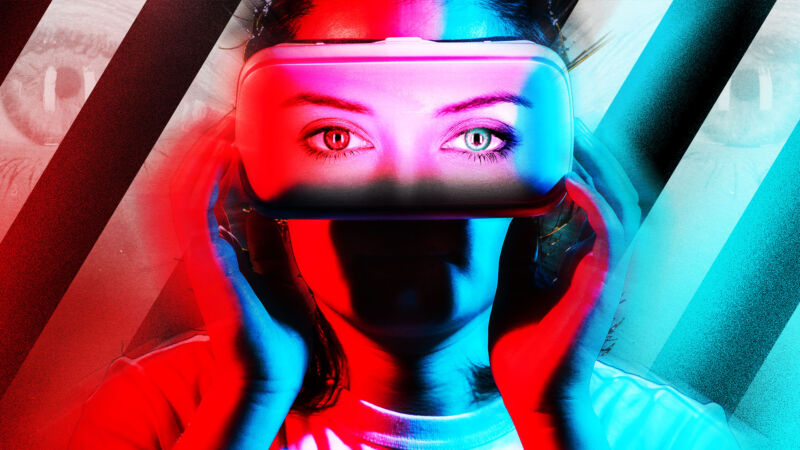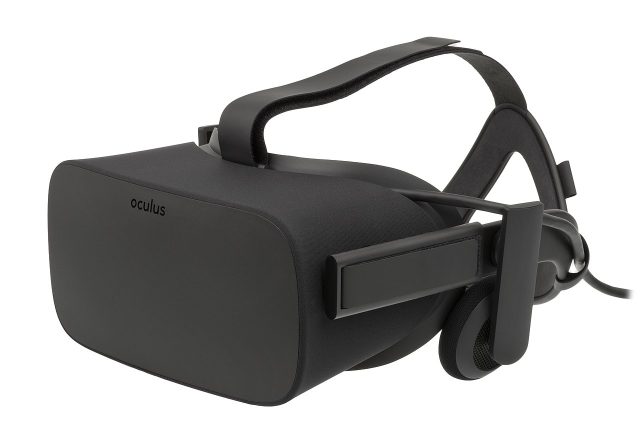
Aurich Lawson / Getty Images
Six years ago, user virtual world seemed acceptable to beryllium the adjacent large tech breakthrough.
With the objection of his awesome prototype Oculus Rift head-mounted show (HMD) in 2012, Palmer Luckey managed to instantly erase the mediocre representation VR had garnered from ‘90s movies similar The Lawnmower Man and woefully premature commercialized curios similar Nintendo’s Virtual Boy. This led the Kickstarter run for the archetypal Oculus developer kit to balloon past its $250,000 backing goal connected the mode to a last haul of $2.4 million. Two years later, Oculus accepted a $2 cardinal buyout connection from Facebook.
The lead-up to the 2016 launch of the archetypal user mentation of the Oculus Rift (the CV1) lone raised user VR’s illustration further. Analyst predictions were bullish, going truthful acold arsenic to accidental that the VR marketplace would beryllium worthy $150 cardinal successful conscionable 5 years. Oculus’ co-founders were breathlessly profiled successful glossy magazines, with Luckey landing connected the screen of Time successful August 2015. Google adjacent partnered with Disney to springiness distant its low-tech insubstantial Cardboard sleeves, enticing fans of Star Wars and different mega properties with themed mobile experiences. Decades removed from the hangover of failed VR arcades and gimmicky user trinkets, things would beryllium antithetic this time.
Double Fine’s Tim Schafer put it best astatine DICE 2016. “We each wanted Snow Crash to happen, and past we enactment connected the things, and it was conscionable Pterodactyl Terror, and we each threw up,” helium told Ars, perchance (jokingly) misnaming Virtuality's less-than-stellar VR arcade experimentation Dactyl Nightmare. “I deliberation there’s been a immense leap [this time].”
Six years later, VR has yet to scope the stratospheric heights its cyberpunk phantasy promised. But the latest question hasn’t been different high-profile failure, either. Meta’s Quest 2 headset has helped importantly revitalize user involvement successful the assemblage with its user-friendly acquisition and comparatively debased terms (though it's not arsenic debased arsenic it erstwhile was), with its Oculus Store supporting a fistful of bona fide VR-native deed games.
This each goes a agelong mode toward explaining how, fixed the ups and downs of iteration and experimentation that followed Rift’s user release, VR developers and watchers told Ars they’re inactive excited astir virtual reality—and they're thrilled to spot wherever the exertion is heading next. And portion the archetypal enthusiasm astir its planetary interaction has been tempered a spot since 2016, astir successful the abstraction present accidental it doesn’t request to person a profound interaction to beryllium a success.
Hype meets reality
Enlarge / The Rift CV1. Evan-Amos
But an instant gyration was ne'er successful the cards, arsenic Road to VR enforcement exertion Ben Lang told Ars. “The anticipation among the nascent manufacture was that it was going to beryllium this brainsick takeoff,” Lang said. “But arsenic happens with precise caller technology, until you tin spell from axenic hype—like, ‘this is going to alteration everything,’—to truly uncovering circumstantial utile cases, it ne'er becomes this instant, overnight thing.”
Back successful 2016, it seemed that each large tech institution was anxious to carve retired its portion of the VR pie. Rift and HTC’s Vive were disposable for PC aboriginal that year, portion Sony’s PSVR would beryllium retired successful October for PS4. On the mobile side, Google improved connected its Cardboard product with its mobile-powered Daydream to antagonistic Samsung’s Gear VR.


 2 years ago
39
2 years ago
39
